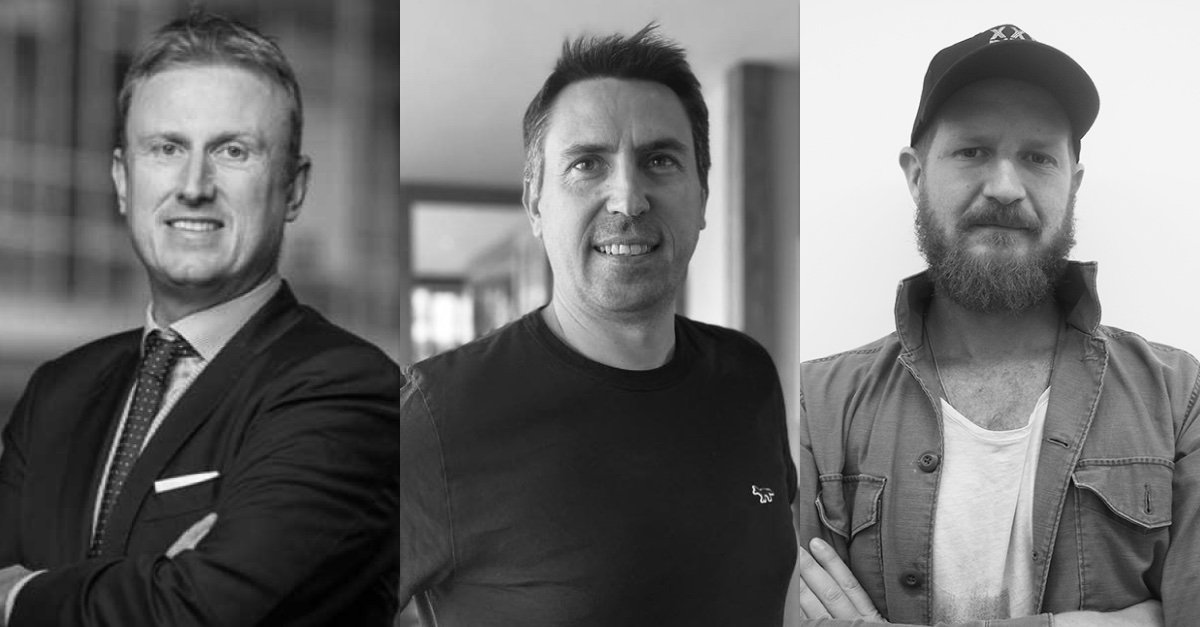The field of insurance technology has had a challenging journey. Approximately 7 years ago, early insurtech companies pledged to revolutionize the insurance industry with new technology. However, today most of those companies have either been acquired or are struggling in the public markets.
Thankfully, insurtech has discovered a new path to follow in recent years: “embedded insurance”. Insurance startups have found success by aiding other companies in “embedding” insurance products into their customer journeys. This approach improves sales and retention by offering insurance as an add-on at the time of a customer’s purchase, instead of actively seeking coverage. Investors are also intrigued by this model, but they have made it clear that startups in this space must have strong financials and traction.
The Carevoice, an embedded insurance solutions provider that originated in Shanghai and now operates in 15 countries, has caught the eye of investors in the insurance industry with its attractive numbers. The company recently secured $10 million in a Series B financing round led by U.K.-based Apis Insurtech Fund I, which contributed most of the total. This brings the company’s total raised capital to approximately $20 million.
This is a noteworthy achievement considering the slowdown in venture investment for startups in the past year. According to Rock Health, a health tech-focused seed fund, U.S.-based digital health startups raised a total of $10.7 billion across 492 deals in 2023, the lowest amount since 2019.
This funding slowdown also impacted The Carevoice, but the company managed to remain profitable. By mid-2022, they had already received commitments for their Series B funding. However, as the market turned, one of their investors became “valuation sensitive” and significantly reduced the startup’s revenue multiple, according to co-founder and CEO Sebastien Gaudin in an interview with TechCrunch.
“We had to revise our fundraising strategy,” Gaudin said. “We were on track to become profitable, so we worked hard and were able to reach cash flow neutral from Q3 2022 to the present.”
In 2023, The Carevoice doubled its revenues, and this year, they are projected to reach $10 million, a combination of recurring licensing payments and one-time implementation fees. Gaudin adds, “So eventually, we were in a good position to complete our Series B.”
Embedded health solution providers like The Carevoice often find themselves competing with traditional IT and consulting service companies like Tata’s TCS. However, Gaudin believes that health providers who choose to outsource their software needs will eventually realize the significant costs and time involved with limited outcomes.
“It could take two or three years for them to see any results, and it costs several million dollars. Then they’ll become stuck. The management of the health system is not within their scope, meaning these custom software companies will not handle various health technologies, partner with them, and integrate them,” Gaudin explained.
Gaudin claims that The Carevoice can launch the first version of a health tech solution in as little as three months, with the design process taking two to four weeks and development requiring an additional two months. One of their biggest clients, MetLife, uses the startup’s services to enhance their 360Health app by offering features like illness detection through face scanning and access to a network of nearby checkup centers, as well as promoting physical, mental, and cognitive wellness.
With a team of around 40 employees, The Carevoice plans to use their recent funding to expand partnerships with insurers across Asia, Europe, the Middle East, Africa, and America. They also plan to invest in the next generation of CareVoiceOS, an operating system they have developed for insurers.









[…] company has recently secured a staggering $12 million in Series A funding, with Molten Ventures taking the lead and support from existing investors […]